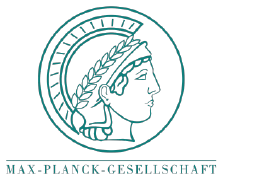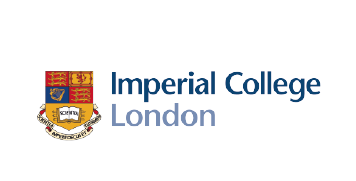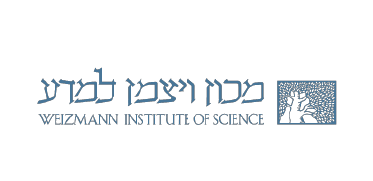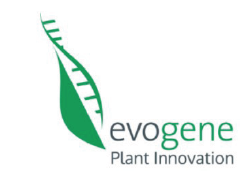Three synthetic photorespiratory pathways were implemented by the team at Imperial College London in wild-type and mutant cyanobacteria.
To verify that the synthetic pathways are functioning, we seek evidence regarding (1) the physical presence of the introduced pathway parts (i.e. proteins), (2) the functionality of the introduced parts (i.e. enzyme activity) and (3) impact of the introduced pathway on overall cyanobacteria metabolism.
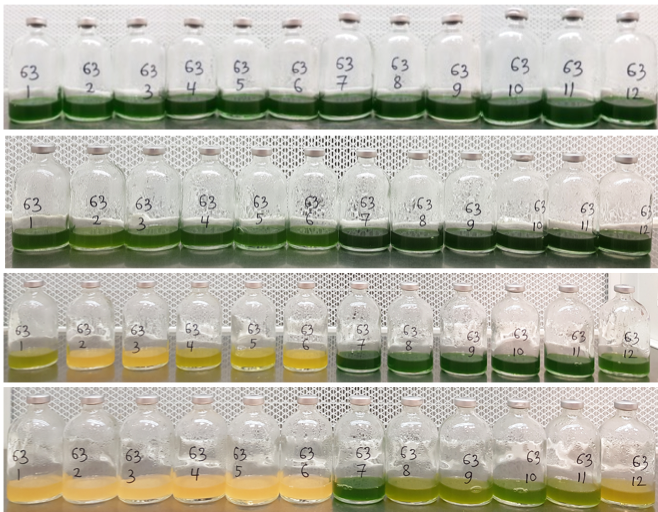
Analysis of the phenotype and proteome of these strains lead to the conclusion that two of the synthetic pathways are capable of rescuing mutants with compromised native photorespiratory metabolism or by improving growth under particularly compromised environmental conditions. Hence, we conclude that these synthetic pathways are functioning in cyanobacteria. This will enable the synthetic photorespiration pathways to be functionally tested in a photosynthetic organism, facilitating the preparation and optimization of the same synthetic photorespiration pathways in terrestrial agriculturally important plants.

